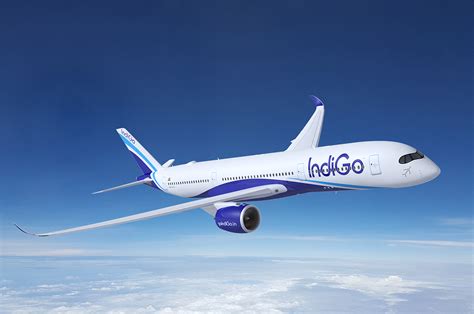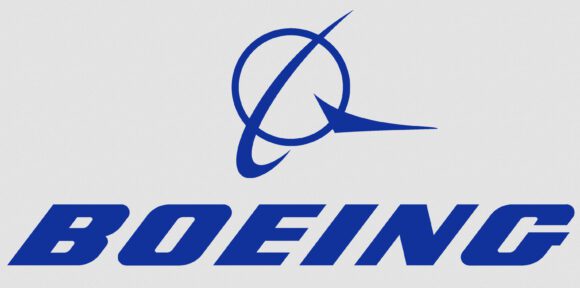The recent order by Turkish Airlines of A350s highlighted something worthy of looking at. Turkish Airlines has been a big Boeing customer for many years. But the airline switched its primary loyalty to Airbus over a decade ago.
When one breaks down the fleet numbers into categories we get this table. In terms of the freight market, the airline has been focused on Airbus for a long time. The early years saw conversions of its A310s into freighters.
In the single-aisle market, the airline has been a loyal fan of the 737-800 and even -900. As of 3Q17, it had only one 737-700, plus 75 -800s and 15 -900s. The Airbus fleet consisted of nine A319s, 24 A32os, and 68 A321s. The airline has 92 A320neos on order and ten MAX9s.
In the twin-aisle market, the airline’s fleet consisted of 33 777-300ERs, which are its primary long-haul aircraft. It also had 18 A330-200s and 35 A330-300s plus four A340-300s.
Regarding the A350 order, there’s politics at play. Turkey is a part of the A350 supply chain. Whether these new aircraft are going to replace the 777s is not clear, though that would make sense over time. But the airline is still taking delivery of 777s, which means the A350s could replace and supplement the longhaul fleet. The future long-haul fleet looks to be A350 focused for now. However, once the 777X reaches EIS, the airline might be back. Political tides come and go. When Boeing offers the NMA/797 the airline might also be among those taking a serious look. It has a sizable fleet in the NMA market and has been coyly absent from the market. Several of its A321s and A330-200s are over a decade old.
Views: 2






